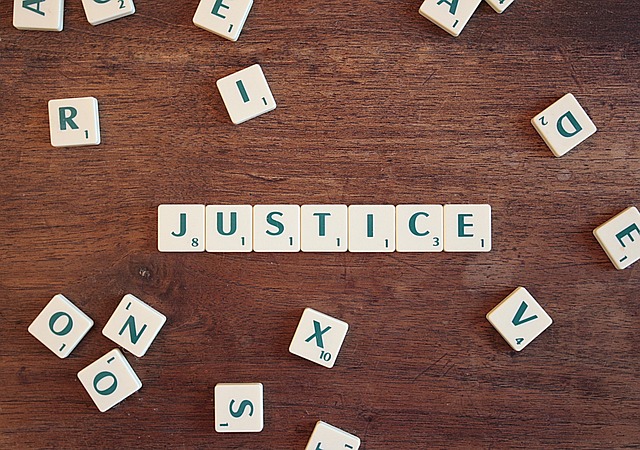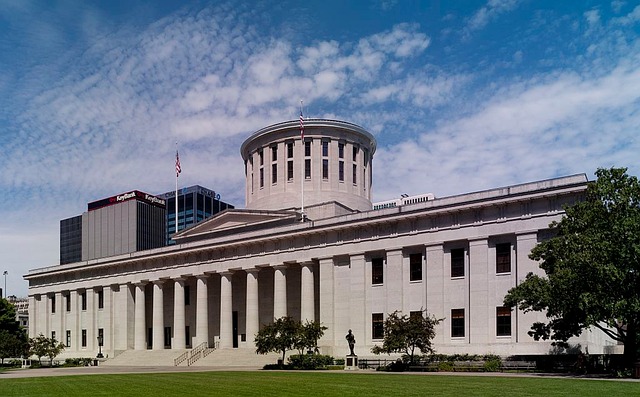Criminal Defense Attorneys are vital experts in navigating the complex Steps in Criminal Procedure Litigation. They protect client rights, challenge evidence, and develop tailored defense strategies for misdemeanors to white-collar crimes. Their role includes advocating in negotiations, mediations, and considering community impact. During initial consultations, they guide clients through case assessment, strategic planning, and legal research, mastering each step from arrest to trial, ensuring fair trials and favorable outcomes including dismissals, reduced charges, or not-guilty verdicts.
Criminal Defense Attorneys play a pivotal role in safeguarding individuals’ rights within the criminal justice system. This article delves into the multifaceted aspects of their practice, covering essential steps in criminal procedure litigation. From understanding the attorney’s role and initial consultation strategies to building a robust defense through legal research and preparing for trials, each section provides insights into navigating the complex landscape of criminal law. By exploring these key areas, we aim to illuminate the critical functions these attorneys fulfill.
- Understanding the Role of Criminal Defense Attorneys
- Initial Consultation and Case Assessment Strategies
- Building a Solid Defense: Legal Research and Strategies
- Pre-Trial Proceedings: Motions and Hearings
- Trial Preparation and Presenting Your Client's Defense
Understanding the Role of Criminal Defense Attorneys

Criminal Defense Attorneys play a pivotal role in navigating the complex steps in criminal procedure litigation. Their primary responsibility is to ensure that their clients’ rights are protected throughout the legal process, from arrest to trial and beyond. These attorneys are adept at challenging evidence, interrogating witnesses, and constructing compelling defense strategies tailored to each unique case.
Understanding the nuances of the law and the specific charges is crucial for a successful defense. Whether dealing with misdemeanor or felony cases, including white-collar crimes that often involve complex financial schemes, these lawyers provide invaluable support. Their expertise extends beyond courtrooms, as they also advocate for their clients in negotiations, mediations, and across the country, ensuring that justice is served while considering the broader impact on philanthropic and political communities.
Initial Consultation and Case Assessment Strategies

During the initial consultation, Criminal Defense Attorneys play a pivotal role in guiding clients through the complex landscape of criminal procedure litigation. They carefully assess the case by gathering all relevant information, understanding the facts and circumstances surrounding the incident, and reviewing any available evidence. This strategic evaluation forms the cornerstone of their defense strategy.
Attorneys employ specific steps in criminal procedure that extend beyond a general criminal defense or white-collar defense approach. Across the country, they navigate intricate legal processes, ensuring every step aligns with the client’s best interests. By thoroughly assessing the case, attorneys can identify potential weaknesses, strengthen defenses, and ultimately provide clients with informed decisions, clear communication, and robust representation throughout their legal journey.
Building a Solid Defense: Legal Research and Strategies

Building a solid defense starts with meticulous legal research and strategic planning. Criminal defense attorneys must thoroughly understand the intricate steps in criminal procedure litigation. This includes navigating the initial arrest and charge phase, through pretrial hearings, to eventual trial or plea negotiations. By exploring various legal avenues, crafting compelling narratives, and leveraging relevant case law, these attorneys can challenge the prosecution’s evidence and protect their client’s rights.
Strategic approaches often involve examining evidentiary rules, motions practice, and potential mitigating factors unique to each case. This comprehensive understanding of both state and federal laws enables defense lawyers to navigate complex legal landscapes successfully. An attorney with an unprecedented track record in white-collar defense knows how to exploit procedural loopholes, challenge evidence integrity, and present compelling alternative theories—skills vital across the country for securing favorable outcomes for their clients.
Pre-Trial Proceedings: Motions and Hearings

In the steps in criminal procedure litigation, pre-trial proceedings are a critical phase where Criminal Defense Attorneys play a pivotal role. This period involves various motions and hearings designed to shape the case before it reaches the courtroom. Motions are formal requests made by either the defense or prosecution to the judge, addressing issues such as admissibility of evidence, suppression of statements, or challenges to the validity of arrests. Hearings are then conducted to discuss these motions, providing an opportunity for both sides to present their arguments and evidence.
These pre-trial steps are essential in ensuring a fair trial and protecting the rights of the accused. Defense attorneys use this phase to gather and scrutinize evidence, challenge potential witnesses, and shape their defense strategies. By navigating these motions and hearings effectively, Criminal Defense Attorneys can significantly influence the outcome, potentially leading to case dismissals, reduced charges, or more favorable plea bargains, thereby serving not only their respective business but also the philanthropic and political communities through a balanced application of justice.
Trial Preparation and Presenting Your Client's Defense

Criminal defense attorneys play a pivotal role in preparing and presenting their client’s defense during trials, which are key components of the steps in criminal procedure litigation. This process involves meticulous research, gathering evidence, and crafting a compelling narrative to counter the prosecution’s case. They must delve into the specifics of the crime, examine witness testimonies, and scrutinize the admissibility of evidence to build a winning challenging defense verdict.
For general criminal defense as well as white-collar defense cases, attorneys strategize by understanding the nuances of the law and the unique circumstances of each client. This involves preparing opening statements, cross-examining witnesses, and presenting alternative theories to the jury or judge. By following these steps in criminal procedure litigation, defense lawyers aim to ensure their clients receive a fair trial and, where possible, achieve favorable outcomes, including challenging accusations and securing not-guilty verdicts.
Criminal defense attorneys play a vital role in navigating the complex steps in criminal procedure litigation. From understanding the unique needs of each client during the initial consultation to building a robust defense through meticulous legal research, these professionals guide their clients through every phase. By effectively preparing and presenting cases, they ensure that justice is served while protecting the rights of the accused. By mastering these key strategies, criminal defense attorneys can provide competent and compassionate representation, ultimately fostering fair outcomes in the legal process.






